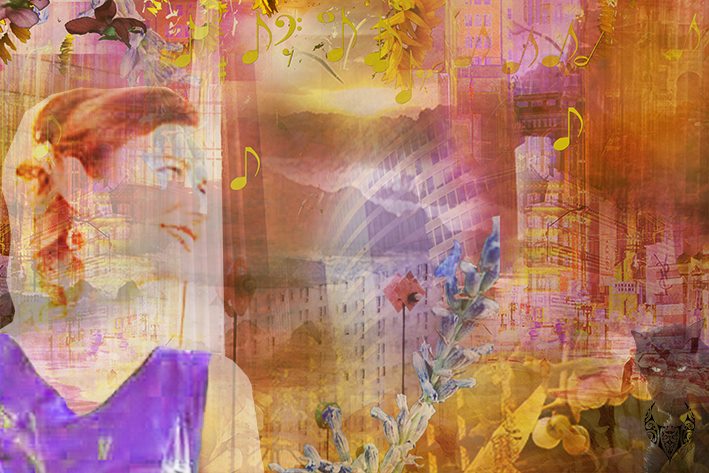About
Born in 1947, Pam’s musical career began with the recorder and piano, and Tenor Horn and Euphonium through the brass band tradition at her school. She then took up the Cello and French Horn, entering Trinity College of Music in London to study Piano, Horn, Cello and composition at the age of sixteen.
After graduating she began a career as a professional French Horn player, working with the Royal Ballet Touring Orchestra, The Royal Opera, the BBC Concert Orchestra and many West End shows. Marriage and a young family led her to take up an appointment as a peripatetic instrumental music teacher in Surrey in the late 1970s, and she began composing pieces for her pupils.
In 1988 her long association with Faber Music began with the publication of Jazzin’ About, a series that now numbers over 30 books and has featured on many an examination syllabus. Since then her output has grown to over 200 books including the successful Up-Grade! and After Hours instrumental series, the recorder method RecorderWorld and the adult piano method It’s Never Too Late to Play Piano. In the UK she has led many workshops for the European Piano Teachers’ Association and has inspired teachers in workshops as far afield as Singapore and Malaysia, Australia and New Zealand. Pam now concentrates on composing and teaching, though she is also a keen sportswoman and international traveller!

